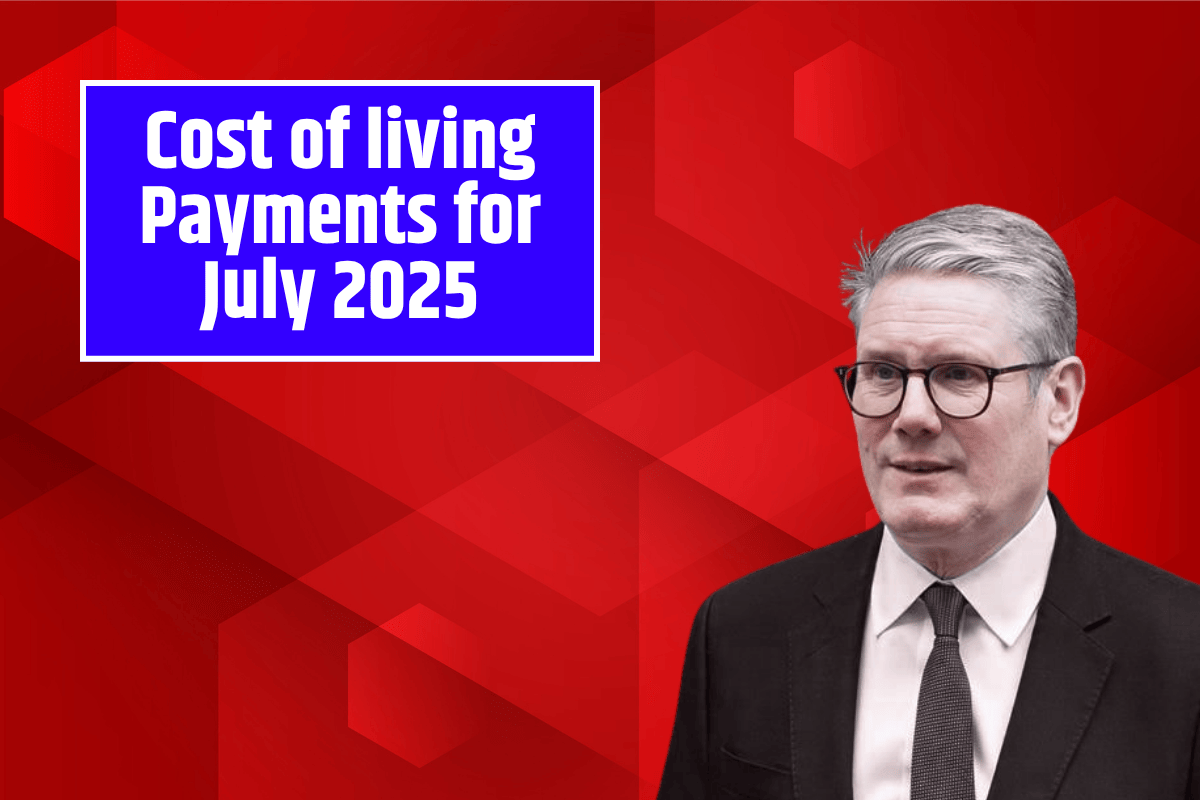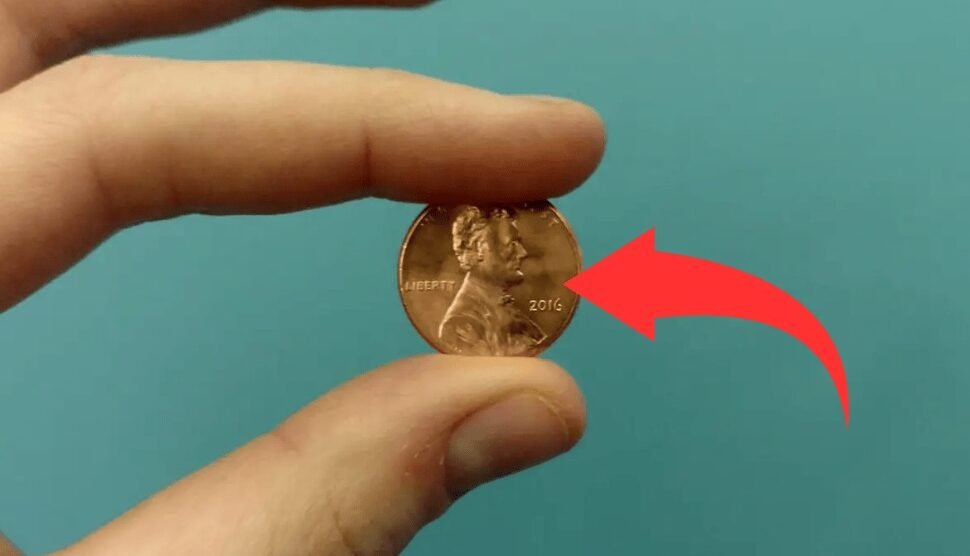Personal Independence Payment (PIP) is a valuable government benefit that supports individuals living with long-term disabilities or health conditions. It is especially helpful for those who need assistance with daily living tasks or mobility.
This non-means-tested, tax-free benefit is paid weekly and is designed to help people maintain their independence, particularly those of State Pension age.
With the rates increasing in 2025, more individuals may be eligible for these crucial support payments. In this article, we will explore the details of PIP, including eligibility, payment amounts, and how to apply.
What is Personal Independence Payment (PIP)?
Personal Independence Payment (PIP) is a government benefit aimed at helping individuals who have long-term physical or mental health conditions, disabilities, or learning difficulties. It is not means-tested, meaning that eligibility does not depend on your income or savings. PIP is designed to assist with daily living tasks and mobility needs.
There are two components to PIP:
- Daily Living Component: For individuals who need help with daily tasks like preparing food, washing, dressing, and communication.
- Mobility Component: For individuals who require assistance with moving around or getting from one place to another.
You can receive either or both components, depending on your level of need. Each component has two rates:
- Standard rate: For individuals who need some assistance.
- Enhanced rate: For individuals who require more intensive assistance.
PIP Payment Amounts
PIP is paid every four weeks. The current rates for the 2025/26 financial year are:
- Daily Living Component:
- Standard rate: £73.90 per week
- Enhanced rate: £110.40 per week
- Mobility Component:
- Standard rate: £29.20 per week
- Enhanced rate: £77.05 per week
If you qualify for both the enhanced daily living and enhanced mobility components, you can receive up to £749.80 every four weeks. If you qualify for both the standard rates for both components, you will receive £412.40 every four weeks.
Eligibility for PIP
Eligibility for PIP is based on how your condition affects your ability to perform daily tasks and get around. It is not based on your income or savings. The DWP considers both physical and mental health conditions when determining eligibility.
Some of the conditions that may make you eligible for PIP include:
- Musculoskeletal conditions such as osteoarthritis, back pain, fibromyalgia, and rheumatoid arthritis.
- Neurological conditions such as multiple sclerosis, Parkinson’s disease, and epilepsy.
- Learning disabilities and mental health conditions such as dementia, psychosis, and anxiety disorders.
- Mobility issues such as amputation, foot disorders, and hip/knee issues.
It’s important to note that the award for PIP is not based on the condition itself but how that condition impacts your daily life and mobility.
Proposed Changes to PIP
In April 2025, the DWP announced proposed changes to the PIP system, which are expected to take effect in November 2026.
These changes could impact both new and existing claimants, with thousands potentially losing their entitlement to PIP. This has sparked significant criticism, particularly from advocacy groups supporting individuals with disabilities.
How to Apply for PIP
To apply for PIP, you must undergo an assessment to determine your eligibility. This assessment is conducted by an independent healthcare professional who evaluates how your condition affects your daily living and mobility.
The assessment process can be done through:
- Face-to-face consultations
- Video calls
- Telephone interviews
- Paper-based assessments
The method of assessment will be decided by the DWP, and claimants do not have a choice in this matter.
Personal Independence Payment (PIP) provides crucial financial support for individuals with long-term health conditions or disabilities. It is a non-means-tested, tax-free benefit that helps individuals maintain their independence and cover the costs of daily living and mobility assistance.
As rates for PIP have increased in 2025, more individuals may qualify for this support. However, upcoming changes to the system in 2026 may affect many claimants, and it’s important to stay informed about your eligibility. If you think you may qualify for PIP, make sure to apply and undergo the necessary assessments to receive the support you need.
FAQs
What is Personal Independence Payment (PIP)?
Personal Independence Payment (PIP) is a government benefit designed to help individuals with long-term health conditions, disabilities, or learning difficulties. It supports those who need assistance with daily living tasks and mobility, allowing them to maintain their independence at home.
How much can I receive from PIP in 2025?
In 2025, the weekly rates for PIP are as follows: Daily Living Component – £73.90 (standard) or £110.40 (enhanced); Mobility Component – £29.20 (standard) or £77.05 (enhanced). Payments are made every four weeks, which can total up to £749.80 if you qualify for both enhanced components.
What health conditions qualify for PIP?
Conditions like osteoarthritis, rheumatoid arthritis, back pain, multiple sclerosis, Parkinson’s disease, and learning disabilities may qualify you for PIP. The eligibility is based on how the condition affects your daily living and mobility, rather than the condition itself.
How do I apply for PIP?
To apply for PIP, you will need to undergo an assessment by an independent healthcare professional. This can be face-to-face, via video call, by phone, or through a paper-based assessment, depending on what the DWP decides.
What are the proposed changes to PIP in 2026?
The DWP has announced changes to PIP that are expected to take effect in November 2026. These changes could result in thousands of people losing their entitlement to PIP, which has raised concerns and criticism from disability advocacy groups.












